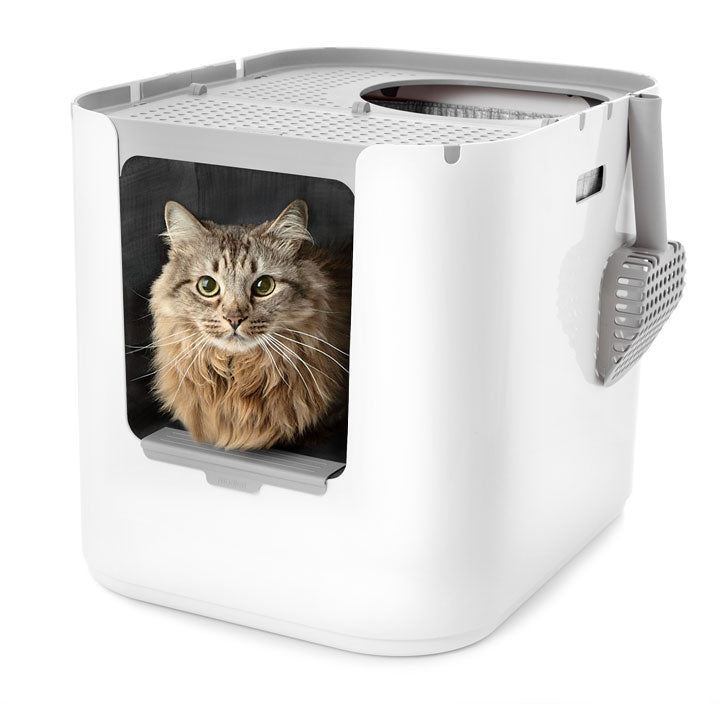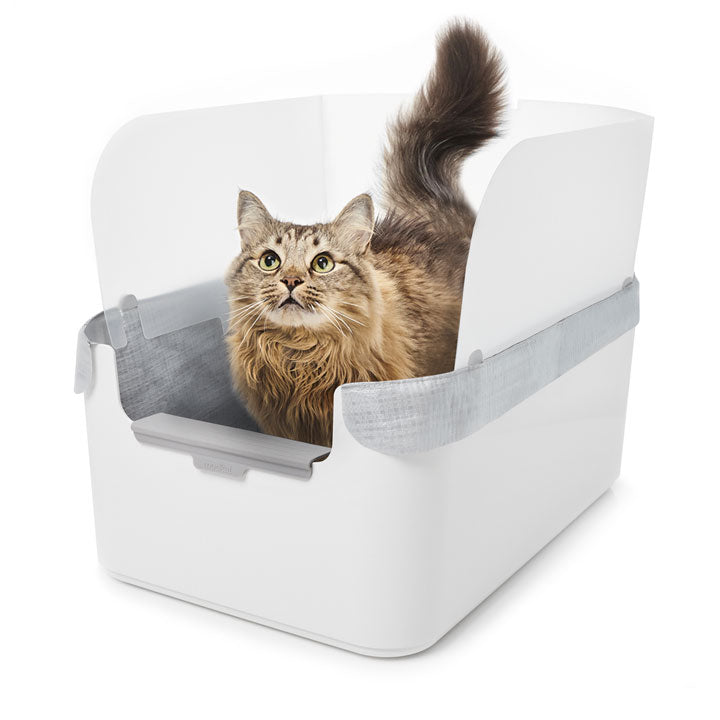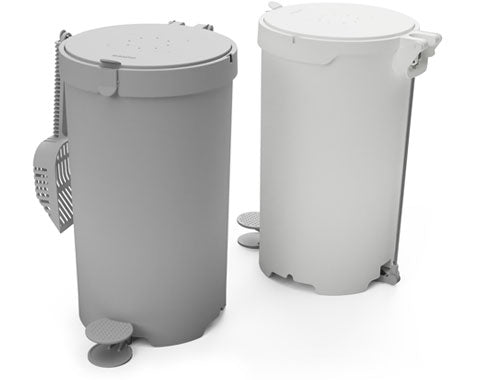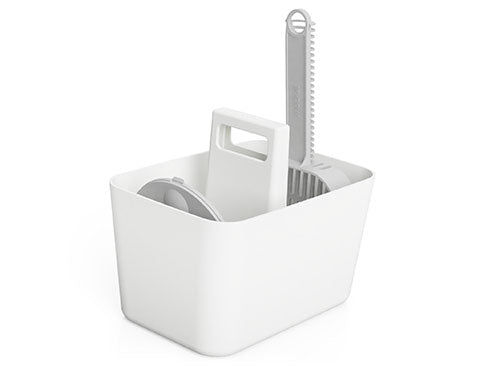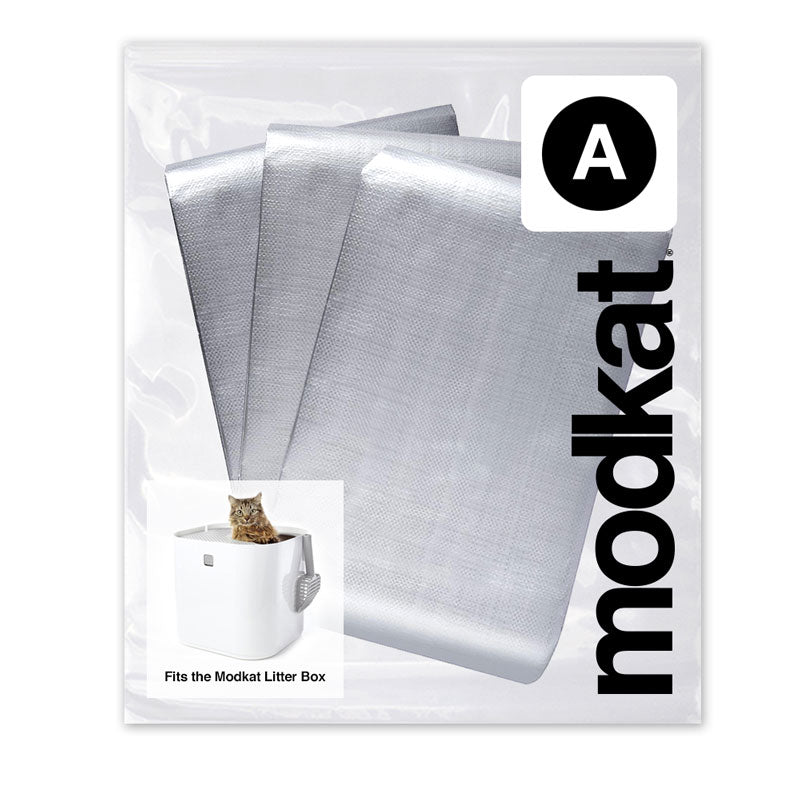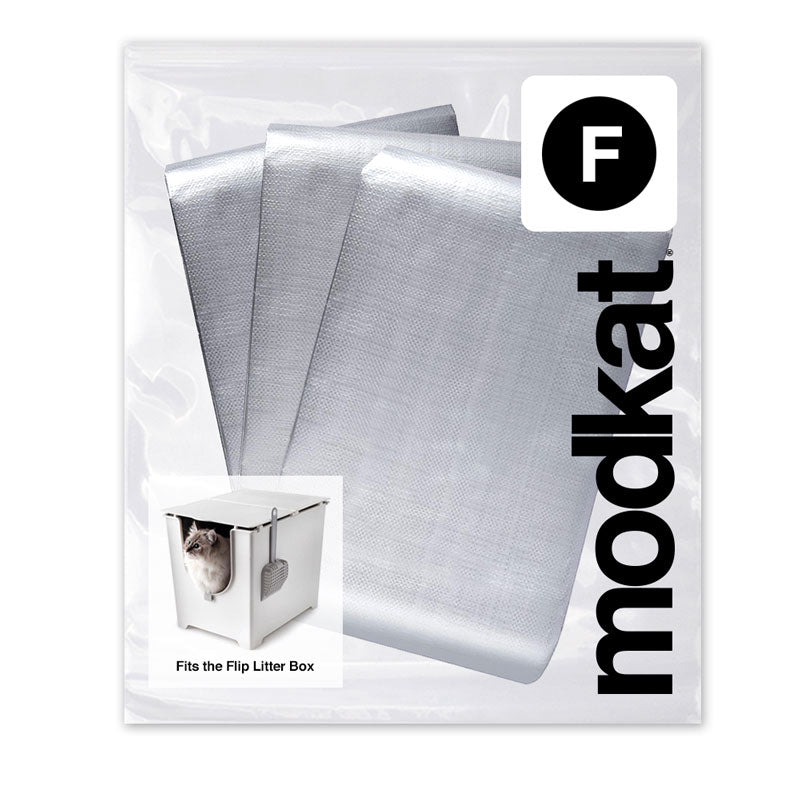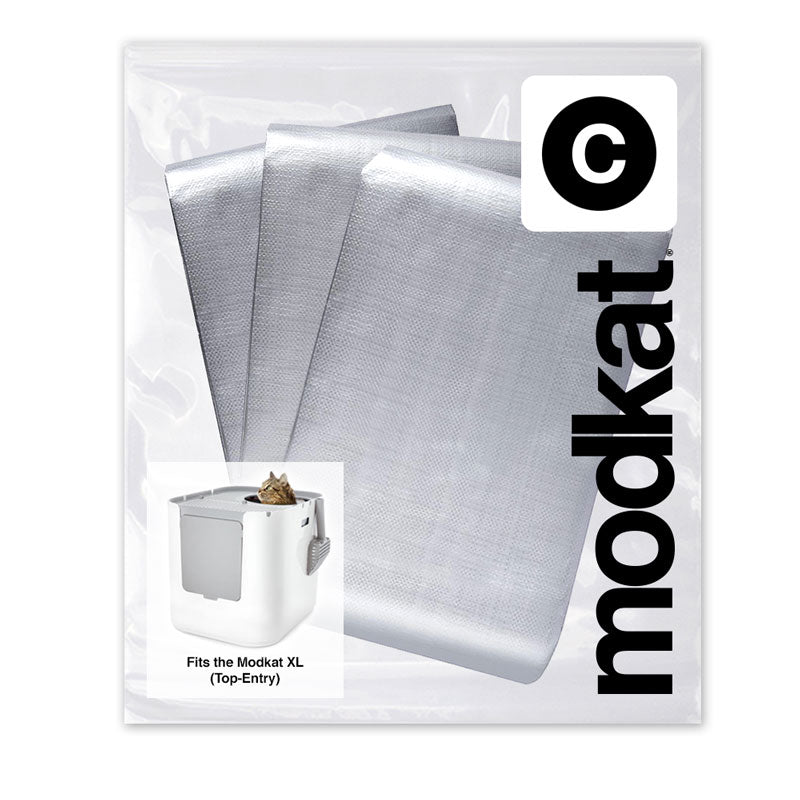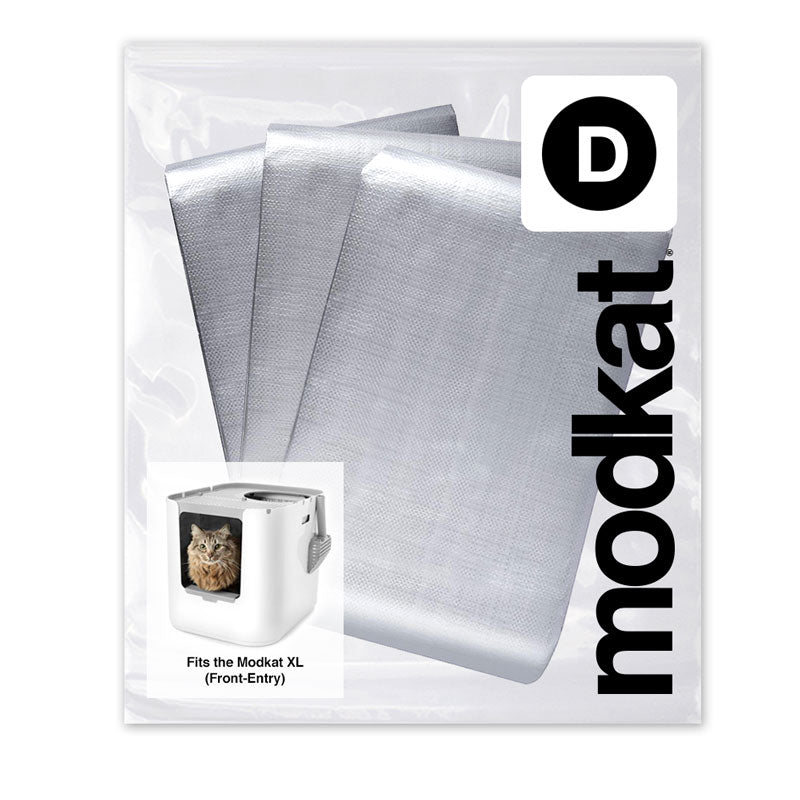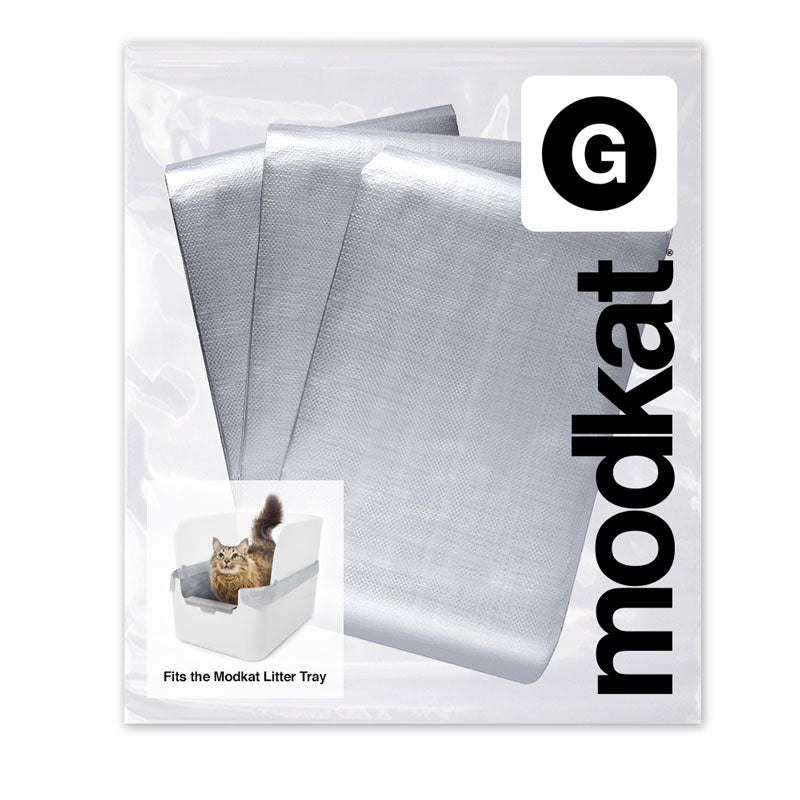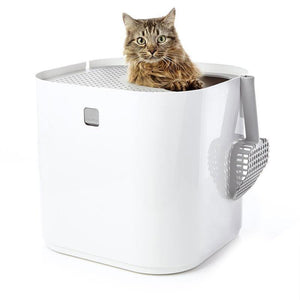Litter Boxes
Accessories
Liners
Why cat hiccups happen & what to do about them.

Whether you think hiccups are cute or frustrating, you've likely had a few bouts with them. Although about 1,000 people in the U.S. suffer from chronic hiccups, no one really knows what purpose hiccups may serve.
Did you know our cats get hiccups, too? In fact, kittens are among the likeliest animals to catch a case of the hiccups.
What is a hiccup?
According to Medical News Today, "When a hiccup forms, it is because of a sudden, involuntary contraction of the diaphragm at the same time as a contraction of the voice box, or larynx, and a total closure of the glottis."
In plain English, it's a sudden intake of breath caused by irritation of the nerves leading to the diaphragm - our breathing muscle. Any warm-blooded animal can get a case of the hiccups.
What causes cat hiccups?
Like human hiccups, feline hiccups are typically the result of feasting too fast. Gulping, gobbling, and generally enjoying food the way our pets often do can lead to a case of the hiccups. There is one cause of cat hiccups, however, that humans don't share - hairballs. As with humans, there is also a rare but real chance that hiccups are a sign of serious illness.
Are cat hiccups bad?
If you ask us, nothing is more annoying or frustrating than a stubborn case of hiccups. Our cats may - or may not - feel the same irritation. Most cases of hiccups clear up soon, though. If your cat seems distressed while hiccuping, she may actually be coughing, retching, or choking instead. In that case, contact your vet immediately.
How can I cure cat hiccups?
First, don't try any of those "foolproof" homemade cures such as trying to get your cat to drink upside down or feeding her a lemon wedge drenched with Angostura bitters. Instead, try to prevent hiccups. If your cat hiccups after eating, for example, try feeding her small amounts at a time or put a large toy in the middle of the dish so she has to eat around it. If she suffers from excessive hairballs, make sure you're keeping up with regular grooming.
Report to the vet any hiccups that last past several minutes or that occur daily.
Final thoughts about cat hiccups.
While hiccups are normal for kittens - and even full-grown cats - you'll want to keep an eye out. Make sure it's a hiccup not a retch. It shouldn't happen every day. And it should stop in a few minutes. You definitely don't want to live with the feline equivalent of Charles Osbourne - an Iowa farmer who hiccuped continuously for 68 years!
“It looks nicer than any other hooded or open option we considered.”

Purrr News.
Join our email list and get exclusive access to new products, the best cat litter box health articles, and 10% off your first order!
Similar products related to this blog:
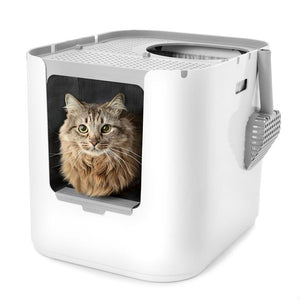
"It looks nicer than any other hooded or open option we considered."

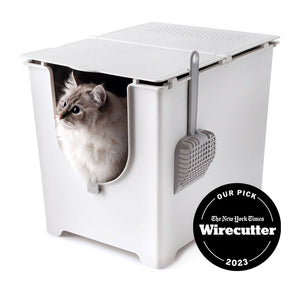
"This litter box keeps everything in, nothing gets out the sides."
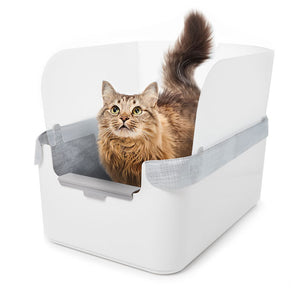
"My beautiful ragdoll cat and I both love the new Modkat Litter tray!"

